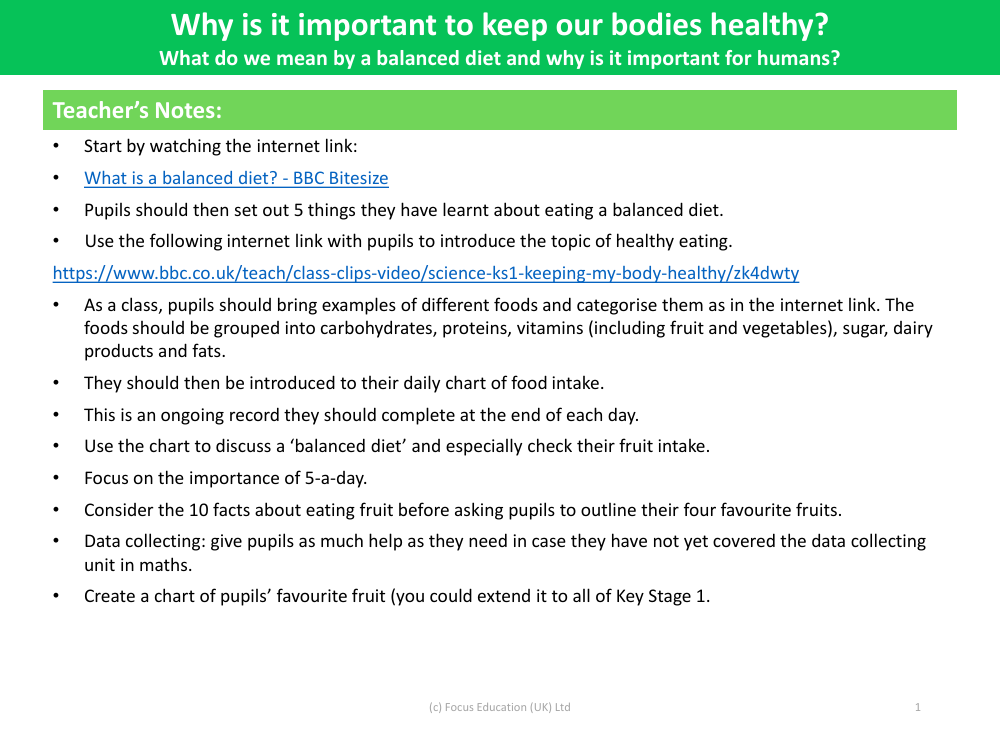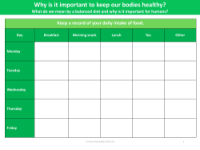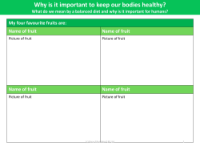What do we mean by a balanced diet and why is it important for humans? - Teacher notes

Science Resource Description
A balanced diet refers to the intake of a variety of foods in the correct proportions, ensuring that an individual receives all the necessary nutrients required for proper health and function. It is crucial for maintaining good health and preventing diseases. A balanced diet includes a mix of carbohydrates, proteins, vitamins, minerals, fats, and water. Carbohydrates provide energy, proteins are essential for growth and repair, vitamins and minerals support various bodily functions, and fats supply energy and support cell growth. Consuming a range of foods from different food groups helps to ensure that one gets a wide array of nutrients. Moreover, a balanced diet also involves moderation and not consuming too much of any one type of food, especially those high in sugar, salt, and bad fats.
The importance of a balanced diet for humans cannot be overstated. It is the foundation for a healthy life, enabling individuals to maintain a healthy body weight, reduce the risk of chronic diseases such as heart disease, diabetes, and cancer, and promote overall health. A diet rich in fruits and vegetables, which are high in fibre, vitamins, and minerals, is particularly emphasized for its health benefits. These foods can help to boost the immune system, promote good digestion, and contribute to healthier skin and hair. The concept of '5-a-day', which encourages the consumption of at least five portions of fruit and vegetables daily, is a guideline to help individuals meet their nutritional needs and maintain a balanced diet. A balanced diet also supports mental well-being, providing the energy and nutrients needed for the brain to function effectively.





